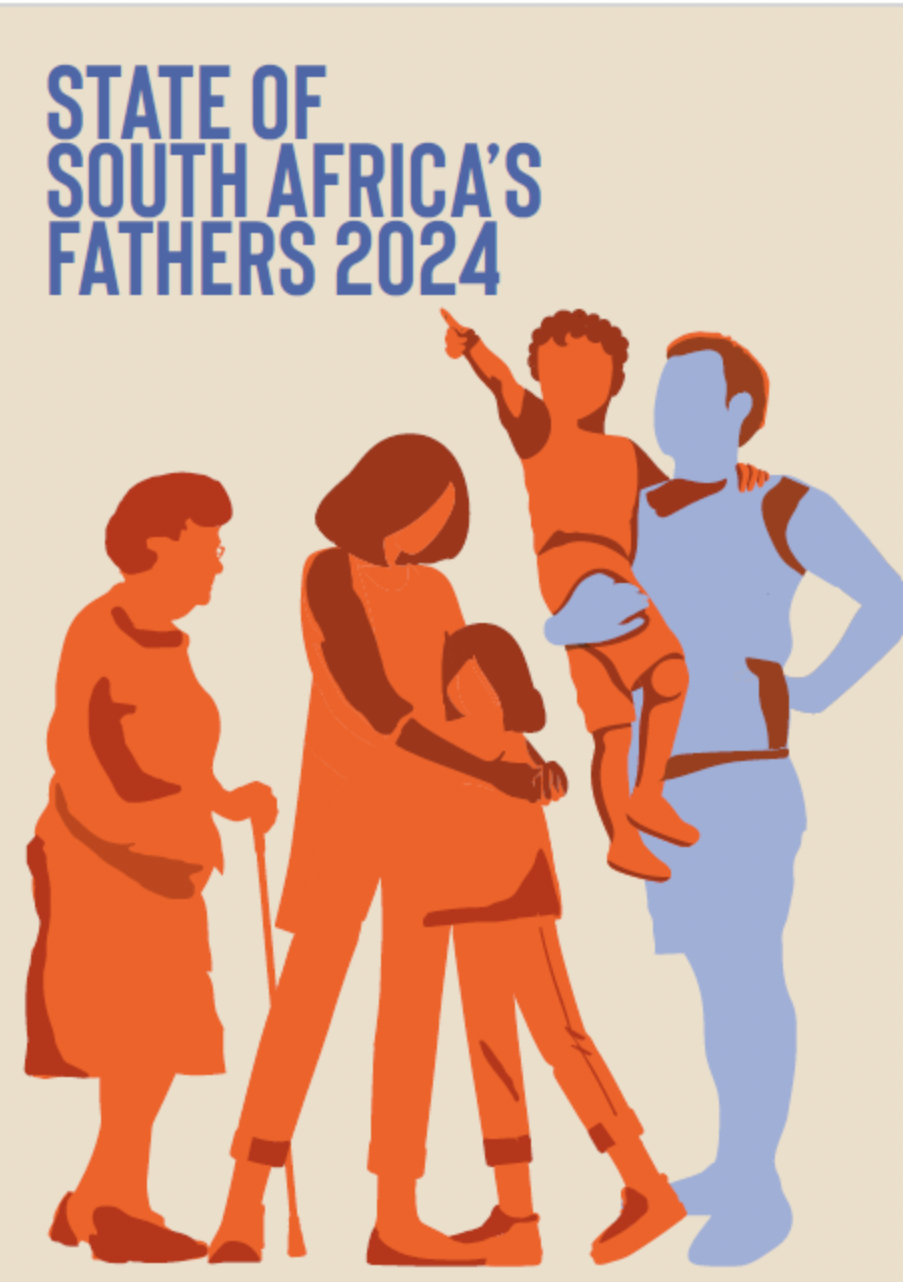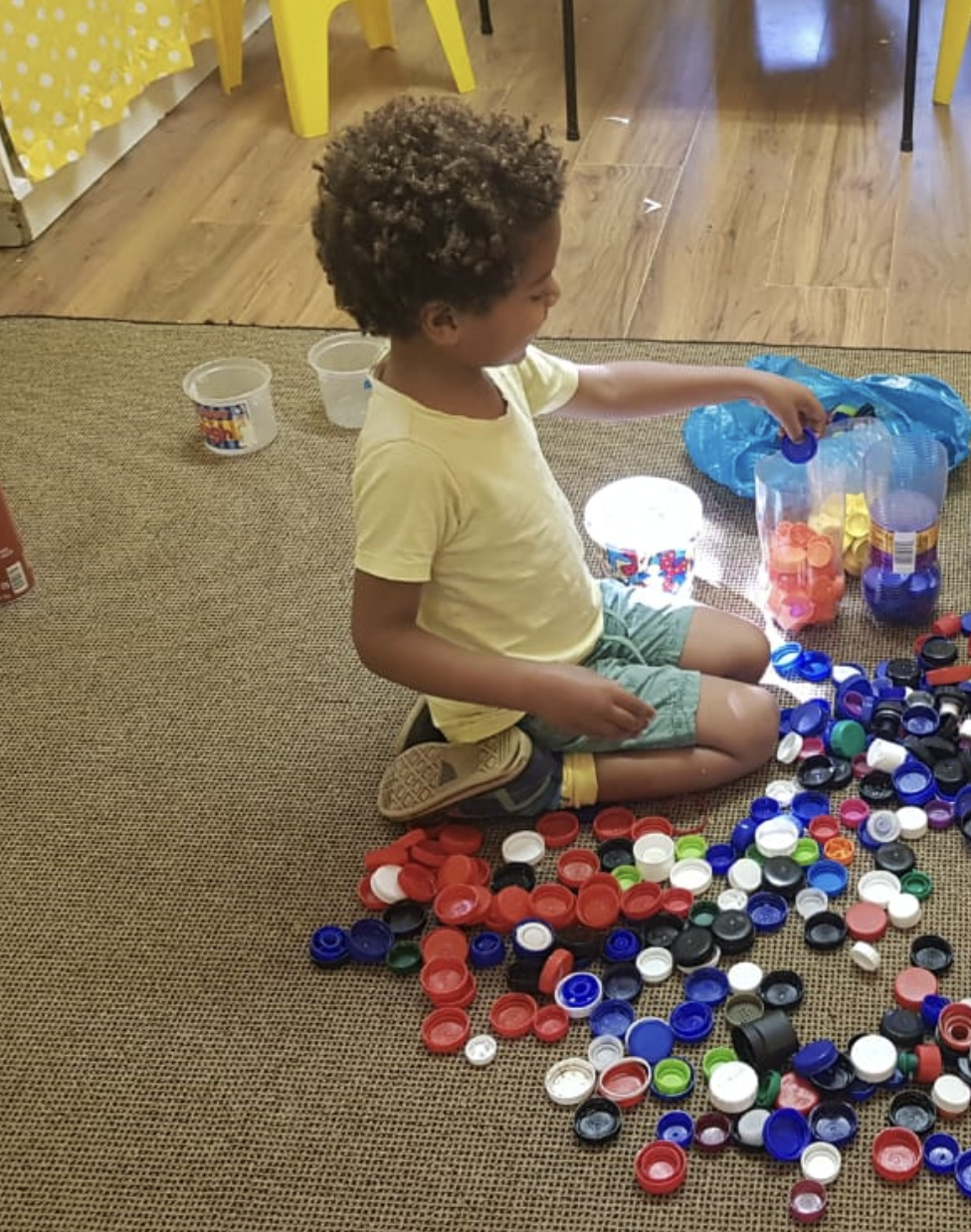
Fatherhood in South Africa is evolving. The 2024 State of South Africa’s Fathers (SOSAF) report highlights the shift from traditional fatherhood—focused solely on financial provision—to a more involved and nurturing role. But while ideas about fatherhood are changing, actual behaviours often lag behind due to economic hardships and societal expectations.
Fathers Are Present, But Not Always Involved
According to the report, only 35.6% of South Africa’s children lived with their biological fathers in 2023, while 40.3% lived with other men. However, co-residence does not always mean active involvement. Some fathers—especially those struggling with unemployment—still view financial provision as their primary, if not only, parental responsibility.
At the same time, many men express a deep desire to be more engaged in their children's lives, but structural barriers such as poverty and job insecurity prevent them from fully stepping into caregiving roles. Studies show that men who have stable jobs and live in dual-income households tend to be more involved in their children's lives.
Redefining Fatherhood
The SOSAF 2024 report argues that fatherhood must move beyond economic provision and embrace caregiving, emotional support, and active involvement in daily parenting. This shift requires:
- Policy Change: Equal parental leave and workplace flexibility to support fathers in caregiving roles.
- Cultural Shift: Challenging traditional notions of masculinity that equate fatherhood with financial provision only.
- Community Support: Creating networks that encourage fathers to engage in caregiving.
The DGMT ConnectionThe DG Murray Trust (DGMT) has been a core supporter of SOSAF since its first publication in 2018. DGMT believes that every child should have at least two simple, loving connections, and redefining fatherhood is a critical part of achieving this goal.
Kwanda Ndoda, Umncedi Project Lead at DGMT, emphasises:
" SA does not lack mothers—it lacks fathers. The SOSAF 2024 report is an essential tool to encourage conversations about fatherhood and family formation, which should be at the heart of national discourse."
The Hold My Hand campaign aligns with SOSAF’s mission by promoting nurturing relationships between children and caregivers—regardless of gender. Fatherhood must be seen as an opportunity for love, guidance, and care, not just economic responsibility.It is time to shift the fatherhood narrative. South African fathers can and should be more than just providers—they must be present, engaged, and loving figures in their children's lives.
.png)







.png)